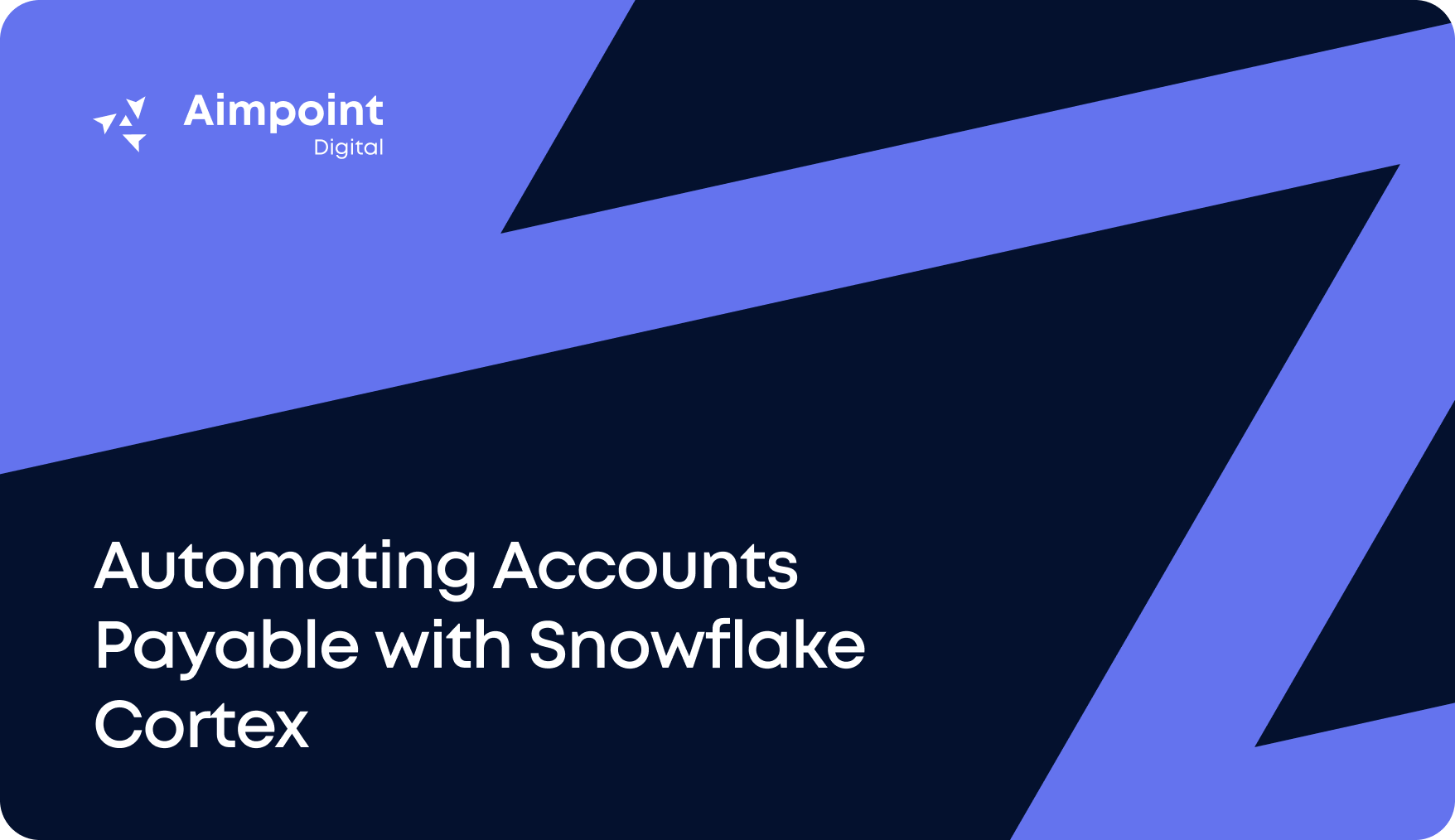
Artificial Intelligence

Supply Chain Management (SCM) covers the procurement, production, transportation, logistics, and inventory management activities that help provide goods and services to customers when they need them; where they need them. Traditional supply chains were based on the ‘push’ of the supply into the market. For example, the number of airline seats along a route is fairly constant in the short term and determines the organization of the market. However, focusing on the ‘pull’ of the customer demand as a starting point in a demand-driven supply chain is receiving attention. The benefits can be impressive, especially for CPG companies needing to reduce inventory costs, increase efficiencies, and maximize profits.
All supply chains incorporate customer demand forecasts. Despite increasing interest in forecasting, keeping adequate inventory to satisfy customer demand has been challenging in recent times. Out-of-stock products are frequent, primarily due to the pandemic. Merely incorporating demand forecasts is not enough for a supply chain to qualify as demand-driven.
A demand-driven supply chain is one where all activities respond to the demand signal. Demand signals are rapidly shared across all entities constituting the supply chain. The distributors, resellers, retailers, and producers can react more quickly by adapting their inventory, procurement, and supply processes to satisfy customer demand efficiently. This results in a streamlined supply chain that minimizes cost and maximizes profit. In short, customer demand drives supply chain management.
Collecting demand signals and making them available across all supply chain elements is a vital part of this approach. This approach requires efficient instrumentation and data infrastructure to communicate the necessary data to all stakeholders. Incorporation of novel data sources such as social media can also be important.
Machine learning and AI techniques can serve as a bedrock for a demand-driven supply chain. The increased collection of demand-data provides a ripe opportunity for applying machine learning and AI techniques in improving supply chains. For example:
Our CPG client suffered from large disruptions to its supply chain due to erratic demand resulting from the Covid-19 pandemic. The client used an aggregated prediction model at a monthly level.
The project team at Aimpoint recognized that generating granular predictions for production demand weekly and at a factory level will provide added value for the client to manage their supply chain. Our team used parallel computing for training deep learning algorithms on cloud infrastructure. By efficiently using containerization and cloud APIs, we trained and scored the model while minimizing compute costs.
Our models showed a 23% reduction in forecasting error. Armed with accurate forecasts, our client was able to optimize inventory leading to a reduction in costs. Furthermore, the client was able to improve safety stock policies to prevent stock-outs.
Our data scientists and industry experts possess the right mix of domain expertise, technical knowledge, and analytical skills to use real-world data in conjunction with modern algorithms to revolutionize your supply chain. Contact us to learn how to build an efficient demand-driven supply chain.
Whether you need advanced AI solutions, strategic data expertise, or tailored insights, our team is here to help.